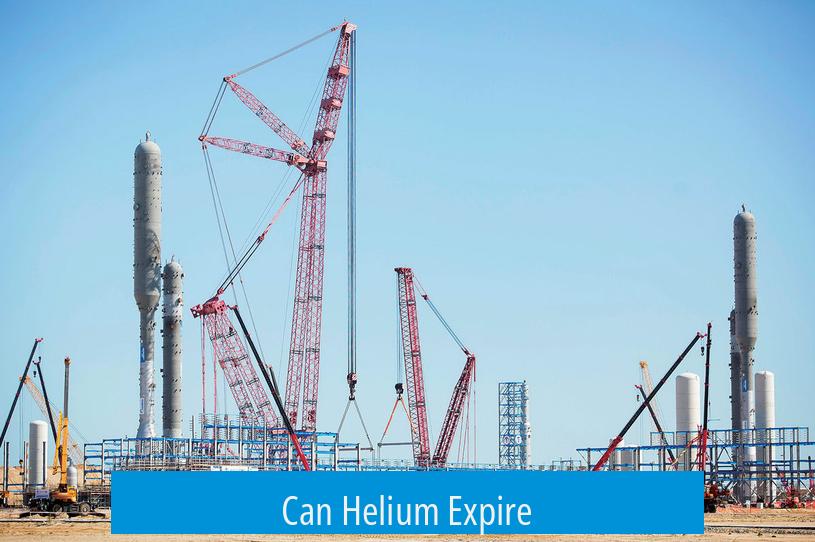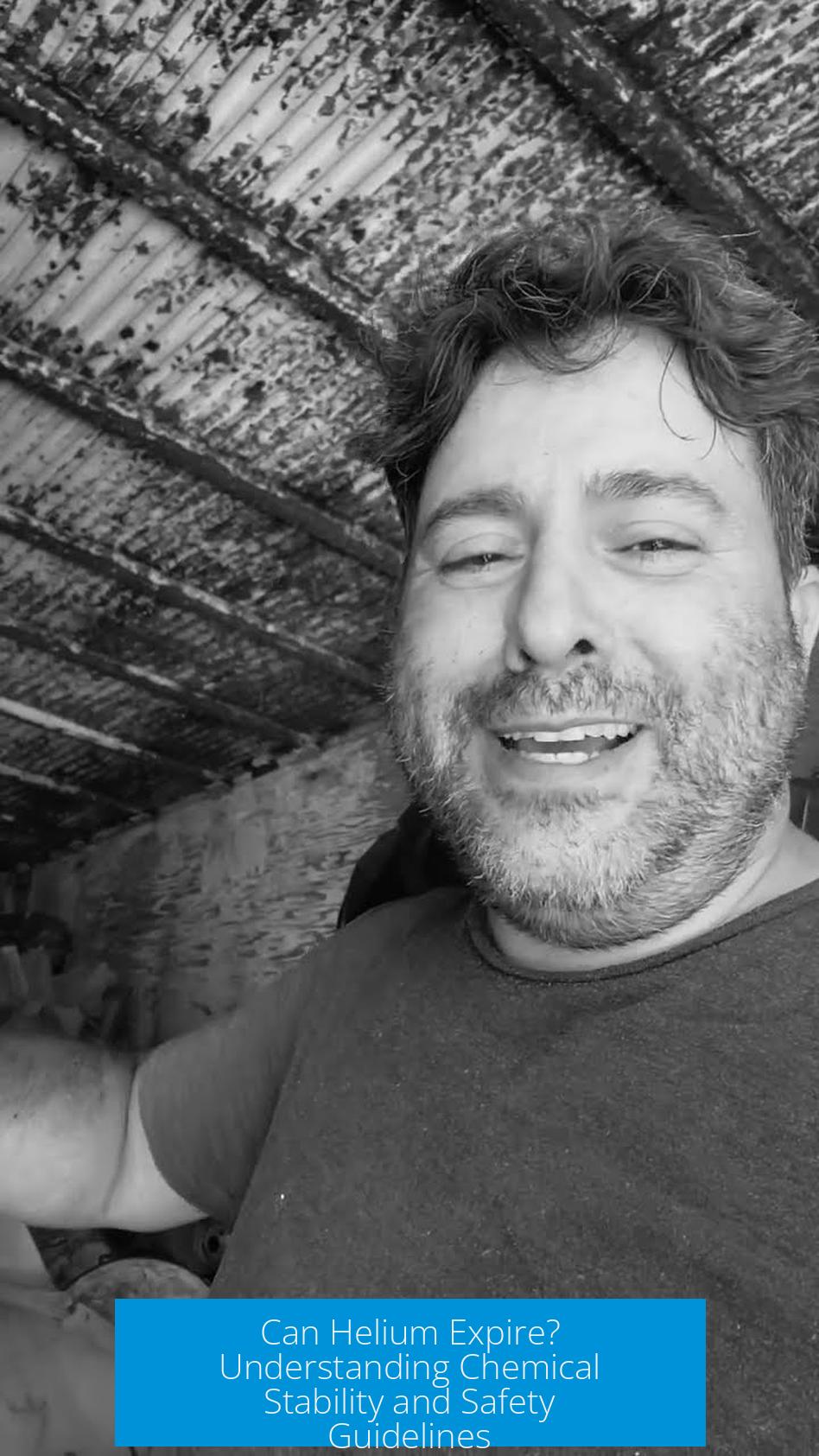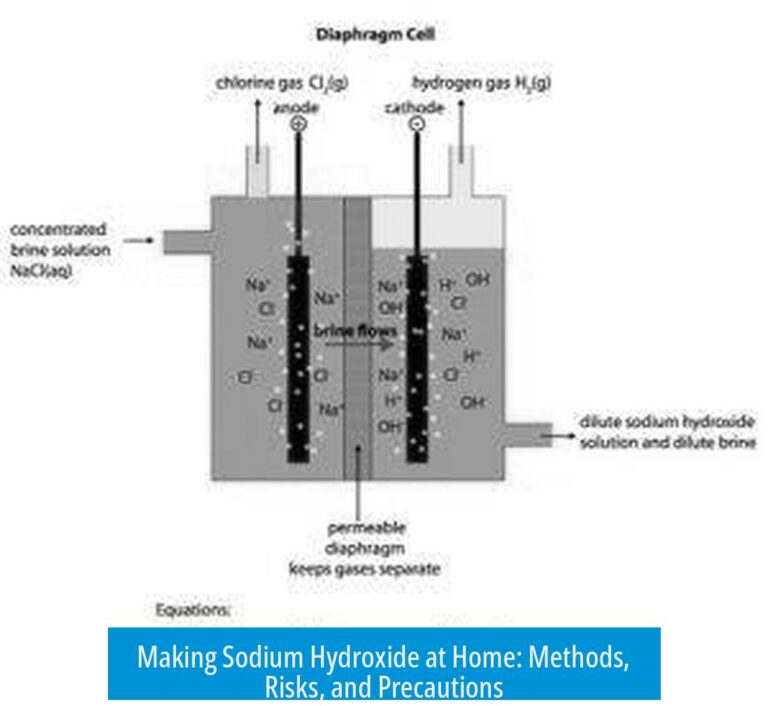Can Helium Expire?

Helium does not expire. As a noble gas, helium is chemically inert. It maintains its properties indefinitely when stored properly. It remains colorless, odorless, and does not undergo any chemical changes over time.
Helium’s Chemical Stability

Helium atoms have a full electron shell, making them non-reactive under most conditions. This stability means helium cannot degrade or spoil. Its inert nature prevents it from forming compounds or decomposing. Consequently, helium can be stored for years without any loss of quality or safety concerns related to expiration.
Health and Safety Considerations
Helium itself does not cause harm, but it can be dangerous if it displaces oxygen in a confined space. Breathing an environment low in oxygen can cause suffocation, but this risk is not due to helium expiration but rather improper use or storage conditions.
Misconceptions Around Helium and Illness
Reports of sickness after helium use often stem from other factors. Contaminants within the compressed air or the balloons are common causes. For example, fungi or mold present in air compressors or inside balloons can cause allergic reactions or illness.
Balloons may contain additives like talc powder or substances such as HiFloat to improve performance. Sometimes, these additives may cause visible effects, like a faint cloud of powder when balloons are deflated, but they do not cause helium to expire or become harmful.
Sources of Contamination
- Air compressor contamination at the filling source
- Mold or spores inside balloons due to moisture exposure
- Discolored or contaminated talc powder mixed into balloon linings
Such contamination can lead to health issues unrelated to helium’s chemical properties.
Proper Handling and Precautions
Users should ensure balloons are sourced from reputable suppliers and dispose of balloons outdoors and upwind to avoid exposure to any additives or contaminants released upon popping. Informing suppliers about any adverse health events helps monitor potential contamination risks.
Key Takeaways
- Helium is inert and does not expire or spoil.
- Health issues linked to helium use usually arise from external contaminants or oxygen displacement.
- Additives in balloons may cause minor visible effects but do not affect helium stability.
- Proper storage and balloon handling minimize health risks.
- Illness after helium exposure often stems from unrelated causes such as viruses or food poisoning.





Leave a Comment